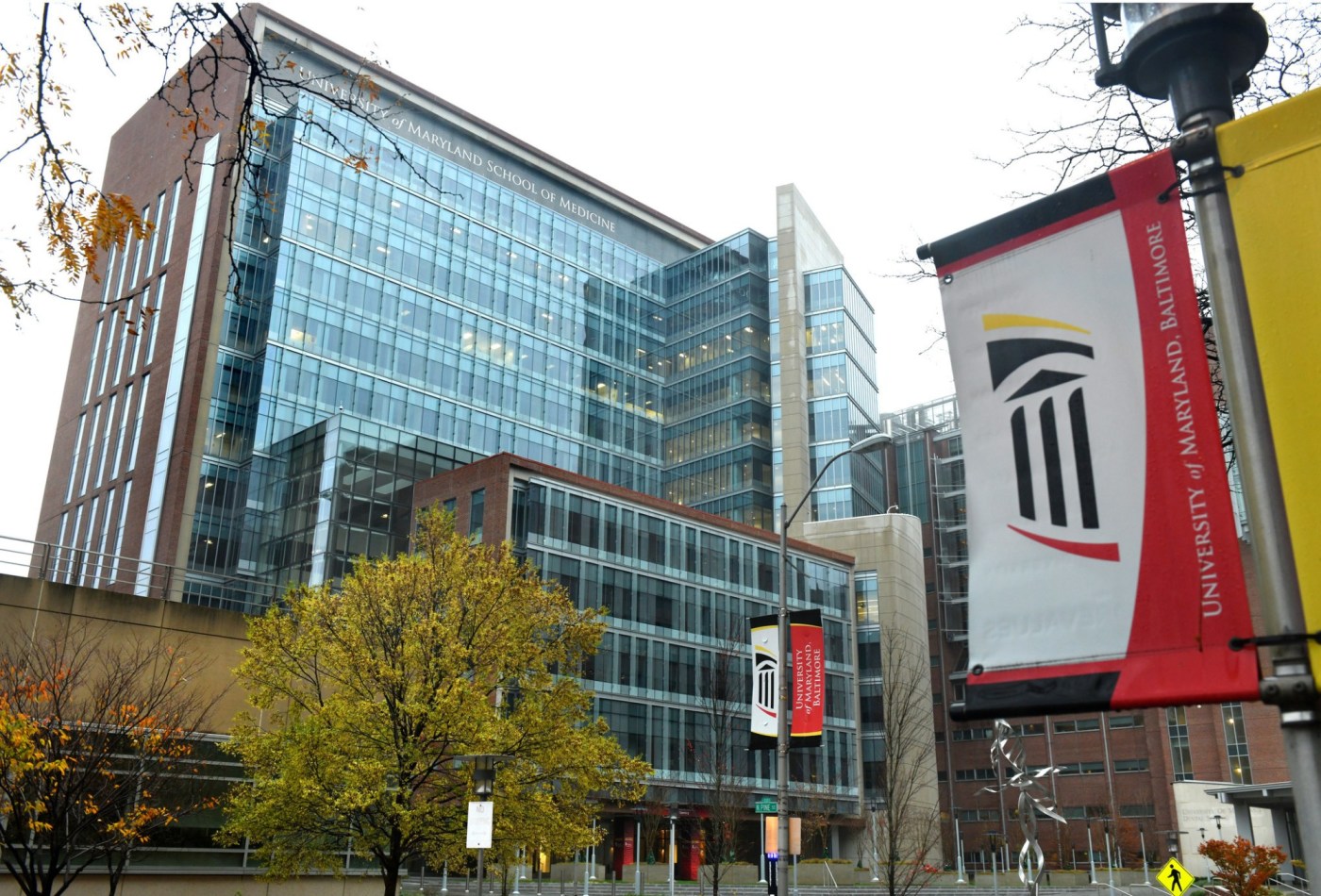Maryland’s higher education landscape is experiencing a profound shift as federal grants decline significantly, impacting research institutions statewide. According to a report from the Center for American Progress, Maryland universities lost nearly $119 million in federal grant funding this year, forcing researchers to navigate an uncertain future.
Funding Cuts Affect Ongoing Research Projects
This decline in funding comes as a shock to many within the academic community. Patrick O’Shea, vice president for research at the University System of Maryland, highlighted the dependency of Maryland researchers on federal funding. He noted, “Our failure was a lack of diversity in funding.” The loss of these funds is particularly concerning as most grants are typically awarded over three or five years, leaving many projects without necessary support.
Maryland institutions maintain an average of about 3,000 federally-funded research projects, with nearly one-third concluding each year. Researchers frequently apply for an additional 1,000 grants to sustain their work. On October 10, researchers from the University of Maryland, College Park convened a virtual town hall to express concerns over the funding cuts and their implications for ongoing projects and job security.
Marc Pound, a research scientist in the UMD Astronomy Department, voiced his fears, stating, “I don’t see how I can keep working at the university if my grant is clawed back.” He highlighted the precarious nature of his funding, which is primarily sourced from NASA and the National Science Foundation. Earlier this year, NASA requested that Pound split his funding into two payments, but later indicated that the second payment could not be guaranteed.
Concerns for Job Security and Academic Freedom
The funding crisis has broader implications for job security among non-tenured faculty. Pound emphasized that many colleagues depend solely on grant funding and lack the stability that comes with tenured positions. As tensions rise, some professors have chosen to remain anonymous, citing fears over a politicized environment and potential repercussions on their careers.
In response to these challenges, Valerie Orlando, a tenured professor at UMD, expressed her support for colleagues affected by the funding cuts. The virtual town hall, organized by Karin Rosemblatt, professor of history and president of the United Academics of Maryland-UMD, sought to address the administration’s perceived neglect of faculty concerns. “It’s an attack on all our academic freedoms,” Rosemblatt stated, highlighting the vulnerability of non-tenured faculty in the current climate.
Other institutions in Maryland are also grappling with funding reductions. Johns Hopkins University reported a loss of $800 million in funding from the U.S. Agency for International Development in March. In response, the university has established resources for faculty and researchers affected by these cuts, including grants of up to $150,000 to help redirect research efforts and $100,000 bridge grants for those awaiting delayed federal awards.
Morgan State University, located in Baltimore, faced the rescindment of 22 grants totaling $13.5 million. According to spokesperson Dell Jackson, most of this funding had already been allocated in previous years, resulting in a loss of $3.6 million in expected future payments. Despite these setbacks, Jackson expressed optimism about the university’s future, asserting, “We are not dissuaded from being the next major research institution.”
O’Shea summarized the situation by emphasizing the resilience of Maryland’s universities. “We are working very hard to help them stabilize, pivot, and grow,” he stated, addressing concerns about the long-term viability of research funding. He believes that despite these challenges, universities will continue to adapt and thrive.
As the funding landscape evolves, Maryland’s academic institutions are left to confront a new reality, one that requires innovation and diverse funding strategies to ensure the continuation of vital research and academic pursuits.
